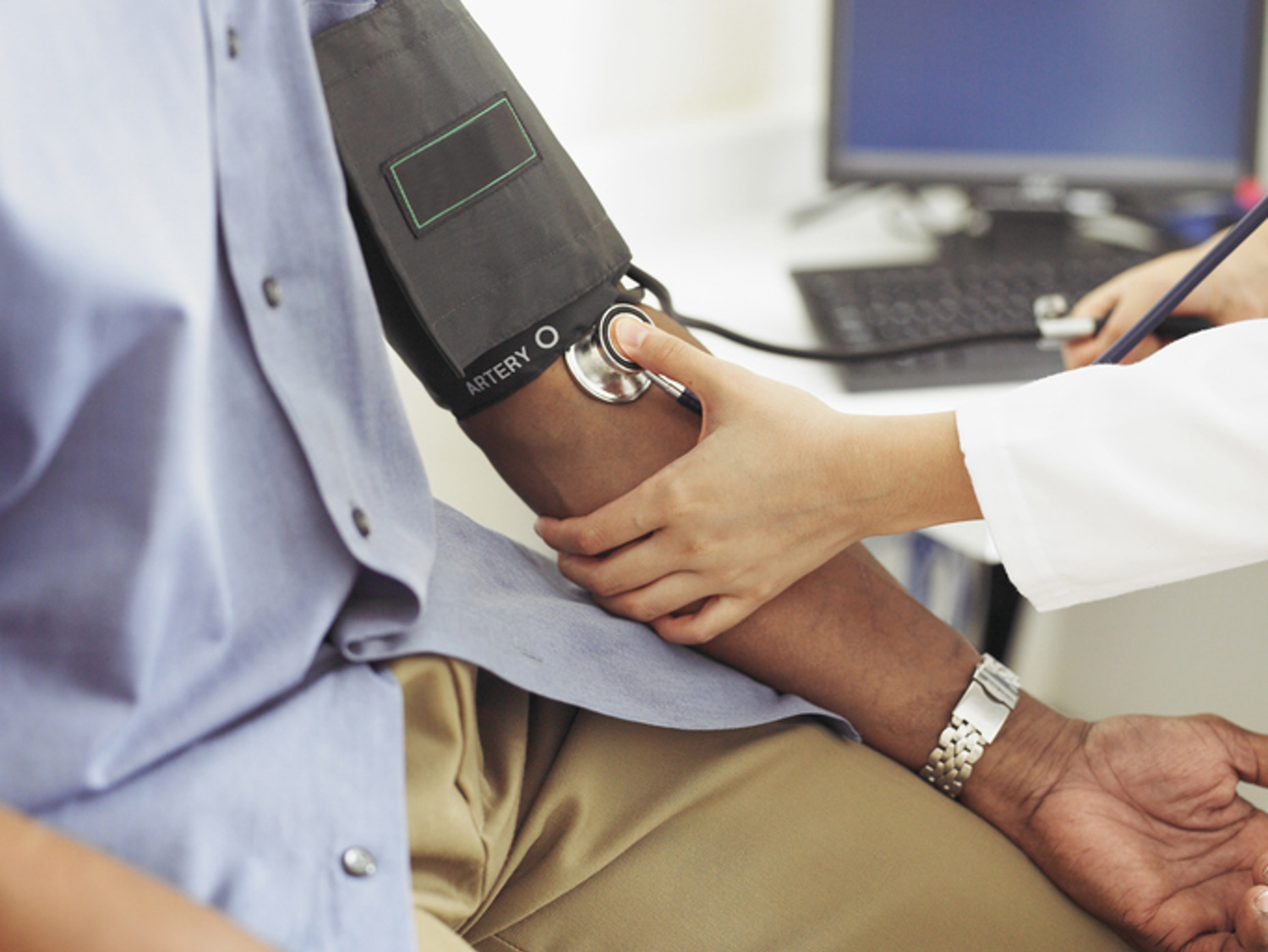A potential treatment for lowering blood pressure is set to be trialled at the University of the Sunshine Coast, as numbers of Australians with hypertension continues to rise.
UniSC Clinical Trials has partnered with Mineralys Therapeutics to trial a potential new treatment at its Sippy Downs site, aiming to test the efficacy in adults with uncontrolled or resistant high blood pressure.
Principal Investigator Dr Michael Harrison said that people diagnosed with high blood pressure often faced significant challenges, sometimes causing lasting impact.
“Left uncontrolled, the condition can cause chest pain, irregular heartbeat, and ultimately serious damage to the heart,” Dr Harrison said.
“The promising aspect of this investigational treatment lies in its potential to address and improve the life of people diagnosed with the condition by lowering blood pressure.
“Health providers are awaiting more advanced treatment choices, and the hope is that this innovative approach will prove effective in providing relief for those affected by high blood pressure.”
Clinical Trials Coordinator Catherine Bell said the team was seeking volunteers over the age of 18 years old that had been diagnosed with uncontrolled or resistant high blood pressure and were already taking between two and five antihypertensive medications, one of which being a thiazide or thiazide-like diuretic.
“Participants will need to commit to up to 10 visits at our Sippy Downs clinic on the Sunshine Coast over up to 18 weeks,” she said.
“Eligible participants will be receiving the investigational treatment or a placebo in the form of tablets to be taken orally once daily at approximately the same time each morning.”
Participants will undergo thorough medical examination by doctors, including physical examination, blood tests and electrocardiogram (ECG). The study will be conducted at approximately 200-250 centres worldwide.
Those interested in volunteering can find more information at www.usc.edu.au/trials
Media enquiries: Please contact the Media Team media@usc.edu.au

